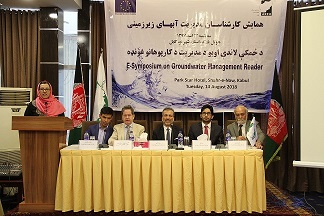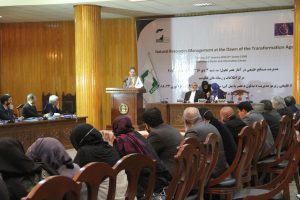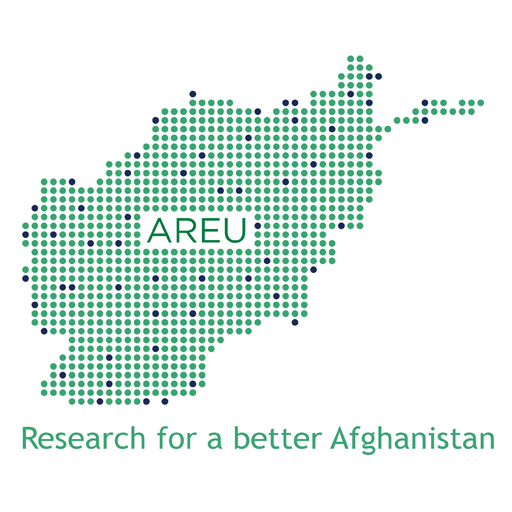
30 Jul E-Symposium – Groundwater Management Reader

On 14 August 2018, the Afghanistan Research and Evaluation Unit (AREU) conducted a symposium on Groundwater Management.
AREU Director Dr Orzala Nemat welcomed all the participants and thanked the European Union (EU) for funding and supporting AREU's projects on National Resources Management (NRM). Following her introduction, H.E. Ambassador for the EU Pierre Mayaudon delivered his opening remarks. Ambassador Mayaudon spoke about the issue of climate change and its effects on water in Afghanistan. He underscored that it is a subject matter that needs constant and continuous engagement. He noted that natural resources and their management is critical, because the way in which natural resources are utilized have wide ranging effects. Ambassador Mayaudon remarked that it is of vital interest for all actors to play an active role: civil society, academia, government officials, experts, media and others. The ambassador also highlighted the activities and assistance of the EU in Afghanistan, specifically drawing attention to the EU National Resources Management project.
Following Ambassador Mayaundon’s remarks, the State Minister for Disaster Management, Mr Najib Aqa Fahim, discussed the fact that adaptation and adjustment to drought conditions is of paramount importance, and gave a brief overview of the risks posted by drought.
The Deputy Minister for the National Environment Protection Agency (NEPA), Mr Edrees Malyar, gave an overview of the causes for the depletion of quality ground water, including lack of quality surface water, population increase, and migration and movement of internally displaced people. The Deputy Minister stated that NEPA will focus on building public awareness to preserve quality ground water.
The head of the Hydrology Department at the Ministry of Energy and Water, Mr Naem Tokhi, reminded the audience that until 2006, depletion of underground water was less problematic due to the absence of large population centres. However, as cities and populations have grown, people are increasingly relying on ground water, which is a growing challenge. He suggested new methods for recharging underground water resources including via the establishment of infrastructure and via increased public awareness.
Following the presentations, two panel discussions took place which were succeeded by questions from members of the audience.
The panel of the first session was composed of Eng Mohammad Naiem Tokhi, Head of the Hydrology Department at the Ministry of Energy and Water, Mr Sayed Mehdi Sadat, National Environment Protection Agency, Mr Yasin Setez, Member of the Environment Natural Resource Monitoring Network, and Professor Naim Eqrar, Geoscience Faculty, Kabul University.
Panellists for the second session were Eng Aref Mirkhil, Ministry of Rural Rehabilitation and Development, Eng Nasir Ahmad Fayez, Ministry of Agriculture, Irrigation and Livestock, and Dr Mohammad Dawoud Rezayee, American University of Afghanistan.
The final session involved group work which provided clear recommendations for members of the government, media, and academia.

